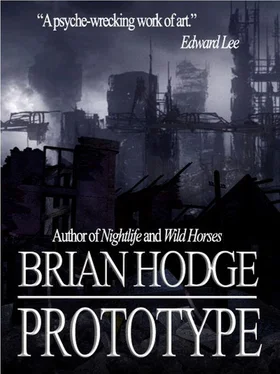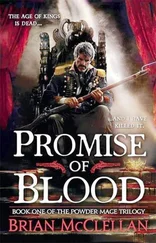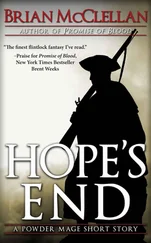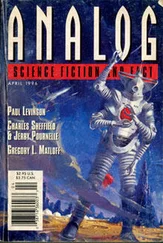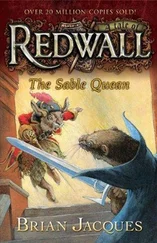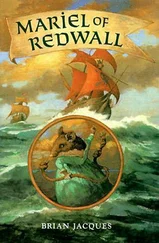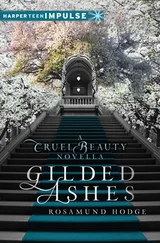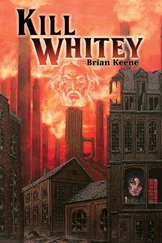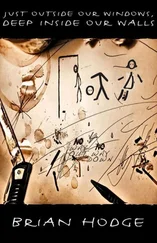The fault, dear Brutus, is not in our stars,
But in ourselves, that we are underlings.
— William Shakespeare
If you can’t be a good example, then you’ll just have to be a horrible warning.
— Catherine Aird
For Doli —
for too many reasons
to list on one page;
but a lot of them are
in the ones that follow.
Foreword to the Second Edition
by John Shirley
This is a foreword; it is supposed to tell you things about a book before you read it. But no author wants someone else to spoil his story or tell the reader: “This is what it is all about, man, this is the true meaning that I will now reveal unto you…”
So I’m not going to do that in my foreword.
Of course you can always write about how the book came about… but I have no idea how it came about.
A lot of forewords are about the foreworder’s personal relationship to the author, how you go back years together and have shared many deep thoughts or at least a lot of beers.
I know Hodge, but not well. At least one of the conventions we were both at I’ve even tried to block out of my memory (or possibly my brain damage blocked it out) and my agent, who knows Hodge better than I do, had to remind me about it. Anyway, I’ve never bonded with him in that collegial way that writers sometimes do. I also never bonded with him, in the bad old days, by waking up in the same pool of puke in a back room somewhere. (At least, I don’t think that was Hodge.)
I know Hodge only from his work and, frankly, I haven’t read a great deal of it. Don’t take that wrong. The fact that I’ve read any of it at all is a real compliment. I don’t read much fiction at all and even less that can be considered “genre” fiction. This is not unusual, by the way. I don’t think my friend Tim Powers has read any genre fiction published in the last thirty or so years, unless it’s by Jim Blaylock. (Well, he read my Demons, but I’m not sure he considered that “genre”.) I understand Clive Barker will not read fiction of any kind when he is himself writing fiction.
But I have read some of Hodge’s work and I know he’s a damned good writer. He’s also a damned dark writer. He illuminates our own personal darknesses by showing us the darker dark. And this book, Prototype , is, as far as I know, the darkest thing he’s ever written. It is as if, after he wrote this one, he saw some light himself and never needed to go back down to this depth.
Clay Palmer, the strange mutant character in Prototype , is the ultimate misfit, a freak, a man in whom the worst human aggression is heightened past all endurance, multiplied to the point of unquenchable, consuming rage that must result in the destruction of others and of himself. Wait — was Hodge writing about me, when I was, like, 25? No, he didn’t know me then. But he’s writing about all youthful male alienation, when it’s alienation keyed to the point of igniting rage. And in this case, igniting something else…
But even though he is what he is, Palmer still has a choice. He wants to “rise above” what he is.
It always struck me that in, say, the movie Blade Runner , as in the Phil Dick novel Do Androids Dream of Electric Sheep? underlying that film, the rebellious androids were really stand-ins for humanity, for everyone angry, secretly or out front, about mortality; angry that they are brought into the world to live and learn and then must die before having a real chance to live, a chance to really learn. And in Prototype Palmer seems to me to represent everyone who finds themselves hating what they are — at least at first — until they learn to understand their true nature. And that’s most of us, at least at some point — most of us, if only as insecure adolescents, but often later in our lives, too — look at ourselves with profound dissatisfaction. Why was I this and not that? I was intended to be an Olympic skater! Or: I was supposed to be a scientist! Or: Why’d I waste my life training to be an Olympic skater, when really I wanted to be a scientist? I was supposed to be smart or slim or witty or talented or a much kinder person people would like and cherish and…
But what I am is… what I am. And we go through a process of finding out what we are. We model different versions, in high school and college — often in the process of trying this “major” and then shifting to that one, or going from studying philosophy to vocational school. We take adult classes to be more…something else. But eventually we work out who we are.
Most good science-fiction, you see, is about something other than what it immediately seems to be about. The best science-fiction or horror is metaphor — it’s a great story, as this book is, but it also resonates on some deeper level for us. Prototype resonates with questions of identity and what it means to be human.
People tend to sleepwalk through their lives. If they become aware of it, they either try to go deeper asleep — maybe by drinking, taking drugs, spending half their lives in role-playing games online — or they struggle to wake up. A motivator for waking up is wanting to change. To become master of oneself. To do that, you have to be able to make choices. Sleepwalking, knee-jerk people can’t make choices. Somewhere in Prototype is an understanding of just those issues — to change, you have to wake up enough to see yourself as you really are. Then — maybe. You have to accept who you are… but there’s always another possibility. The chance for evolution…
At one point, Clay and his kind are called “outsiders adrift in societies for which they have more contempt than love.” Some writers are like that or at least writers like me — maybe Hodge too. Others are more like the Impressionist artist, Willard Metcalf, whose “The White Veil” Palmer describes as, “Fuzzy, soft focus… diffused. Even though that’s a winter scene, it’s still warm.” Writers who write dark fiction are more like Clay’s artist friend, Graham, whose work reflects a harsher — and more relevant — truth in which you can find a perverse beauty.
It is not that writers of dark fantasy and sf cannot see beauty or have no hope or feel such things are irrelevant. It’s that we know that making that choice to rise above, to be aware and awake, is not easy. Once the choice is made, you have to continue to choose and that is more difficult still. Writers like Hodge know that and they aren’t going to lie to you and make it soft and fuzzy. Sometimes we are even going to be, well, a little extreme.
Just a little, though, because people like Hodge and myself aren’t nihilists. We might be accused of that — punk rock is often labeled nihilistic and I’ve been known to be a punk rocker — but we know better. That fictional artist, Graham, is a nihilist and he creates a work of art that is as extreme as it gets: The Dream of Kevorkian. I’ll let you discover just where Hodge sees nihilism taking an artist.
There’s nothing soft or fuzzy about Prototype . Oh it has its touching moments — the lesbian relationship between Adrienne and Sarah is as real and nuanced and sophisticated as any I’ve read. Pretty good coming from a male. Not something I’d try — and he pulled it off.
When Prototype was first published it had the word “horror” on its spine. I imagine you’d still call it horror now too but keep in mind as you read this book that if this had been a generic horror novel, Hodge would have told his story more or less like this: Clay is a monster. Maybe it is not his fault he’s a monster, but he is one, so he is, therefore, evil. His doctor, Adrienne, wants to help him not be a monster. In a conventional horror novel they might even fall in love because the power of love might save the day. (Besides women, in that sort of book are only allowed to be good or bad themselves. And she’s a scientist, and there’s only good or bad science.) But, one way or another there would be a confrontation between “good” and “evil.” Good will more or less win, one way or another, because that’s how those stories are supposed to work.
Читать дальше
